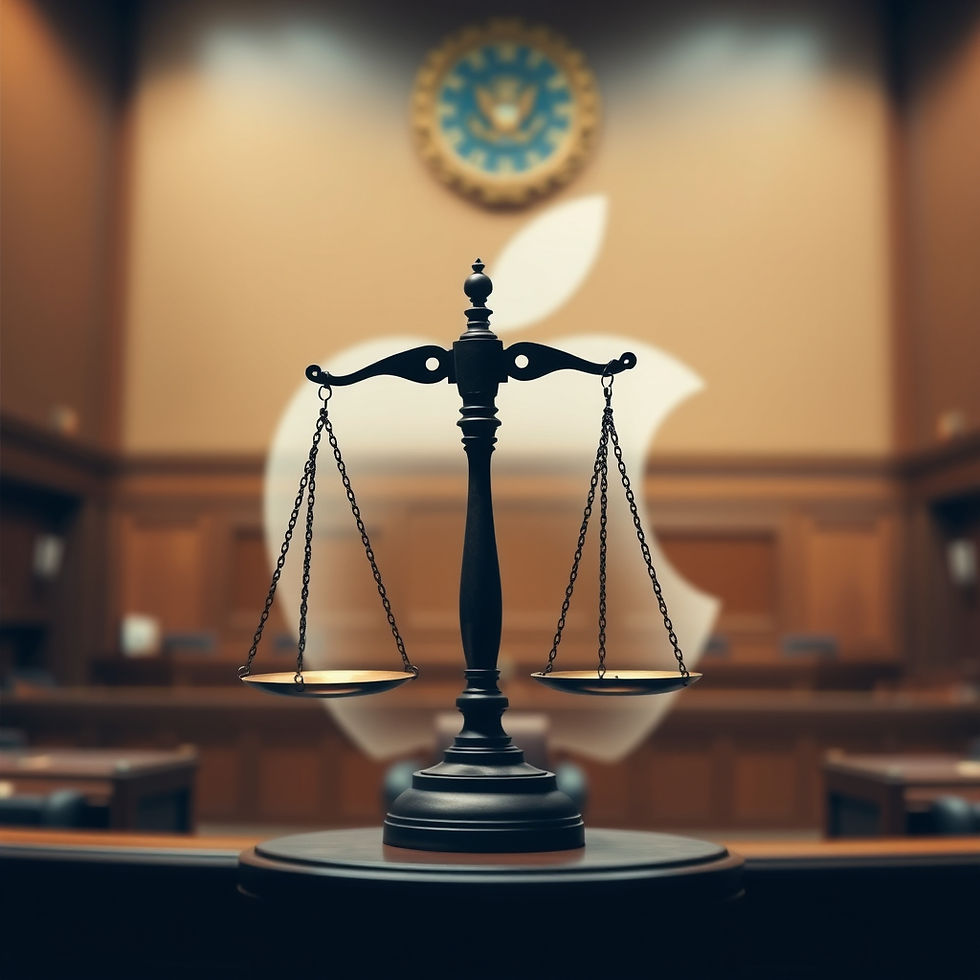What Is Agentic AI? Understanding the Future of Autonomous Intelligence
- Dr. Oludare Ogunlana

- Jul 18, 2025
- 2 min read

Agentic AI introduces a new era of autonomy and decision-making in machines. Learn how ChatGPT is pioneering this shift, what it means for global users, and the critical security and privacy issues we must address.
As artificial intelligence continues to evolve, agentic AI is leading the next frontier. These intelligent systems are not merely reactive; they are autonomous, decision-driven entities capable of taking initiative and completing tasks with minimal human guidance.
What Is AI?
Artificial Intelligence (AI) refers to systems capable of performing tasks that normally require human intelligence, like learning, problem-solving, and decision-making. From recommendation engines to voice assistants, AI is becoming an integral part of daily life. However, traditional AI mostly responds to inputs. Agentic AI transforms this paradigm by allowing systems to act independently toward defined goals.
ChatGPT and the Rise of Agentic AI
OpenAI has introduced Agent Mode in ChatGPT, marking a milestone in the evolution of agentic AI. This feature empowers ChatGPT to plan, reason, and use tools autonomously to fulfill user-defined objectives, without constant human direction.
The new ChatGPT Agent is already available in the U.S. for all Pro, Plus, and Team subscribers:
Pro users in the U.S. received immediate access starting July 17, 2025, with 400 agent queries per month.
Plus and Team users are currently receiving gradual access over the following days.
Enterprise and Education tiers will gain access later this summer—specific dates have not yet been announced.
Availability in the EU is still pending, but U.S.-based users on those tiers are prioritized.
Agentic ChatGPT can:
Plan multi-step tasks autonomously
Browse the web and use tools
Interact with apps to produce results
Generate summaries, actions, and content based on user goals
Record Mode, another new feature for ChatGPT Plus users on macOS, launched globally on July 16–17, 2025. It allows users to record up to 120 minutes of system audio, auto-transcribe, generate summaries, and launch actions—all within the macOS desktop app.
Agentic AI vs. Generative AI
While Generative AI creates content such as text, images, or code, Agentic AI initiates and executes goal-oriented tasks independently.
Generative AI = content production
Agentic AI = autonomous action and decision-making
Learn the differences through our AI Governance Training and prepare for the future of intelligent systems.
5 Types of Agents in AI
AI agents include:
Simple Reflex Agents – Basic rule-based responses
Model-Based Reflex Agents – Maintain internal states
Goal-Based Agents – Plan actions to meet objectives
Utility-Based Agents – Maximize outcome utility
Learning Agents – Adapt based on past performance
Agentic systems often use goal- and utility-based models with learning capabilities.
Cybersecurity and Privacy Concerns
With these advancements come risks. Agentic AI could:
Execute unintended harmful commands
Leak personal or proprietary data
Be manipulated through prompt injection or adversarial attacks
Organizations must integrate privacy-by-design principles, adopt AI security frameworks, and ensure transparency in autonomous decision-making processes. At ÒGÚN Security Research and Strategic Consulting (OSRS), we help enterprises mitigate these challenges through AI Risk and Governance Courses.




Comments